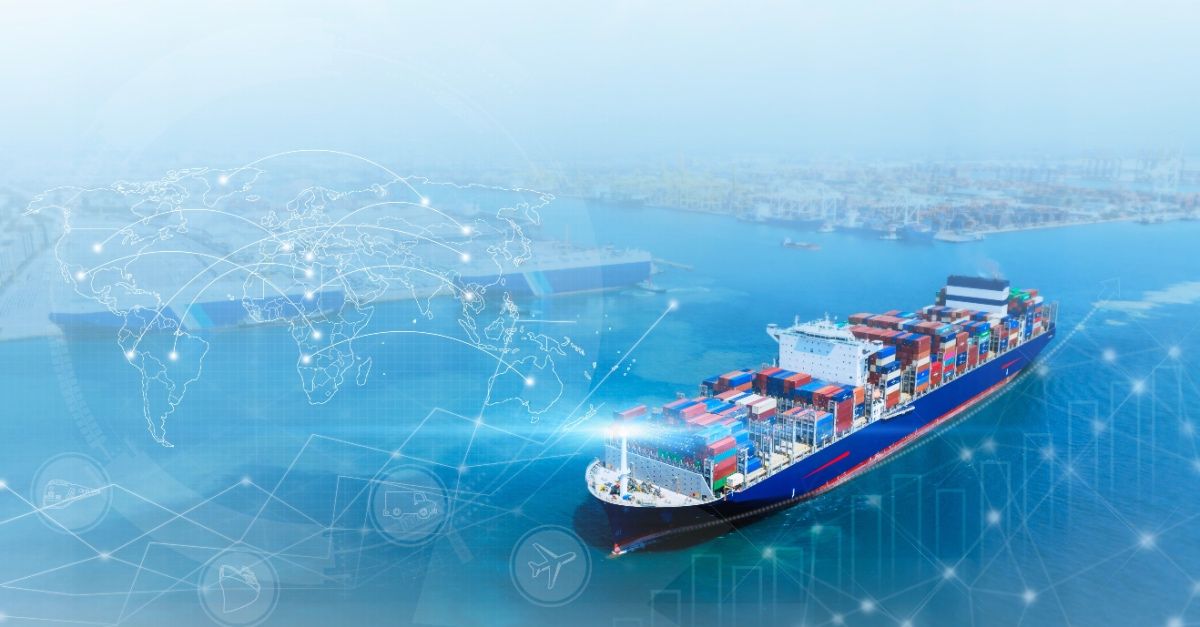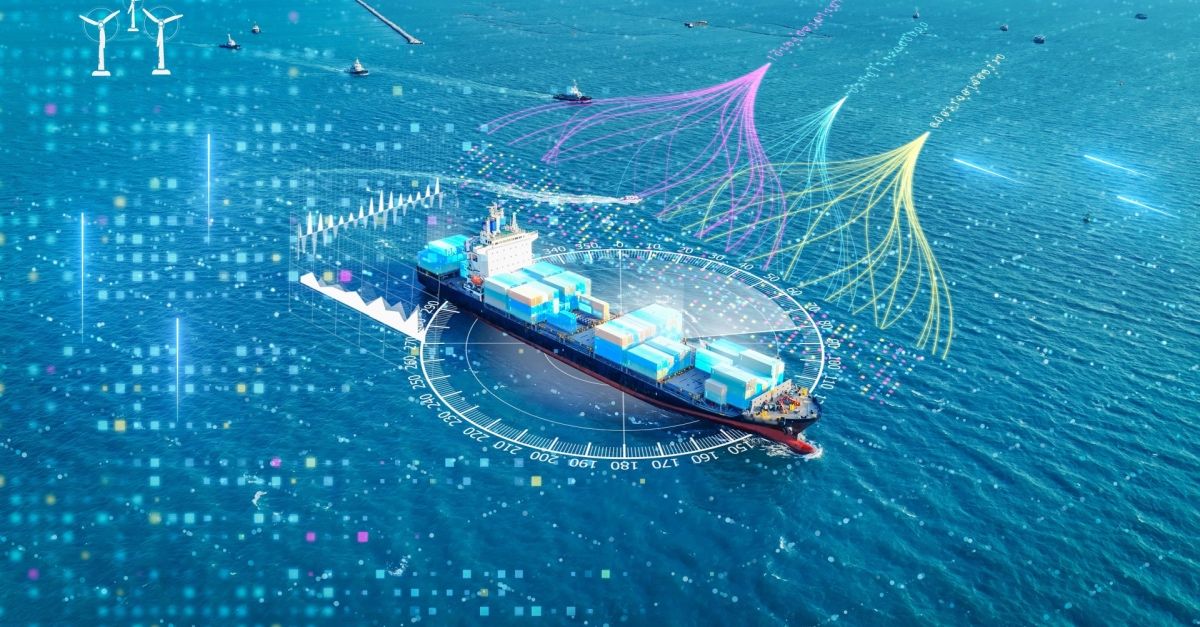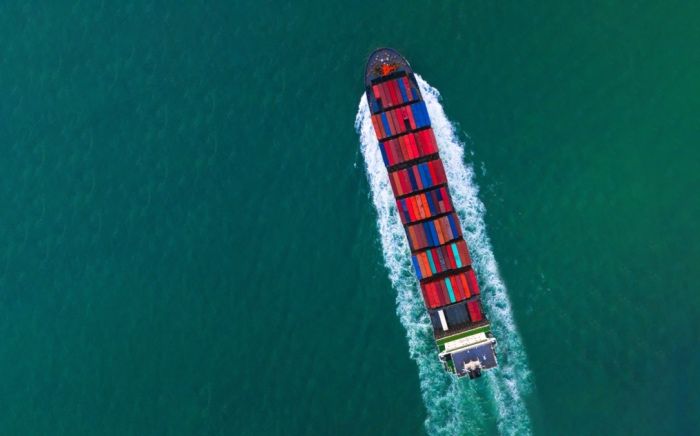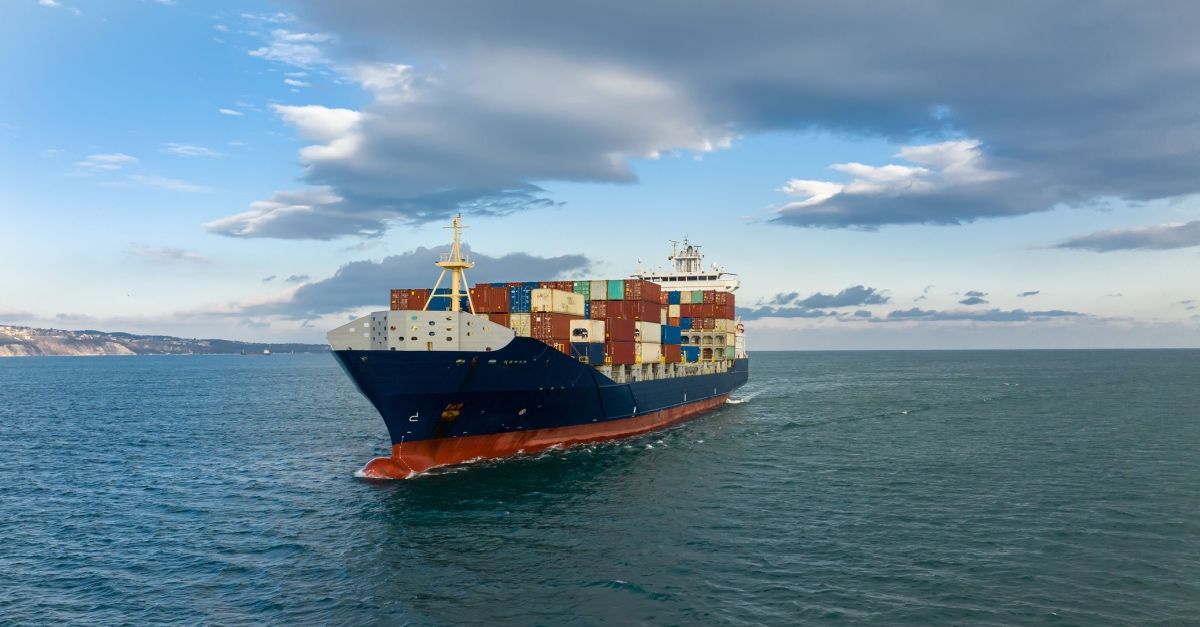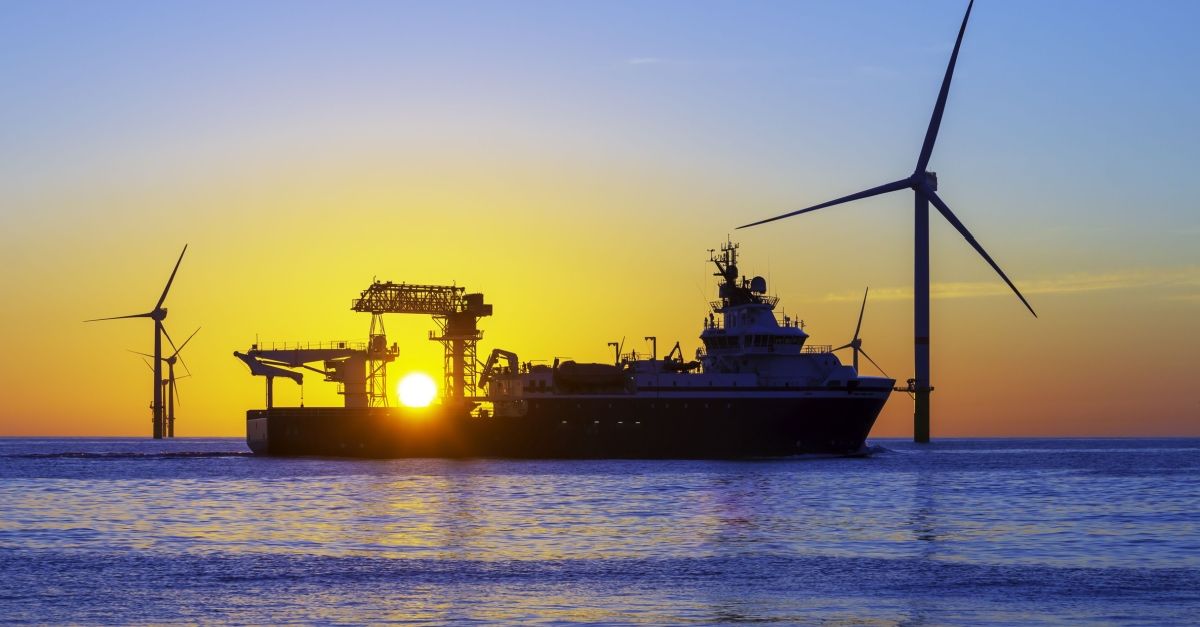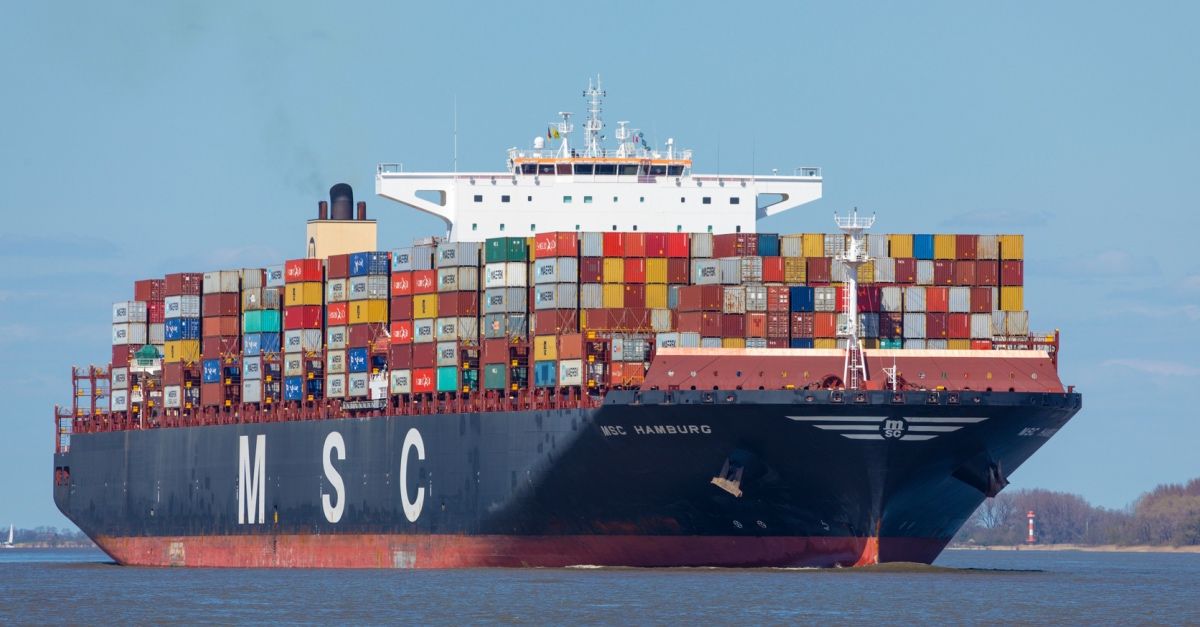One great way to ensure that an organization is reducing its Scope 3 emissions is to adopt route optimization, which means purposefully determining which routes are the most fuel-efficient and least emitting.
Carbon Accounting 101: What is Carbon Accounting?
Keeping track of emissions reductions can get complicated because of the many various actors potentially involved. One way to ensure the continuous and effective measurement of GHG emission reductions is for organizations to adopt and embrace carbon accounting.
Innovation Aboard: Vessel Sustainability in 2024
While we can celebrate our recent successes, what’s exciting is that there are even more advancements to unlock as the maritime industry pursues eco-friendly practices even further.
Beyond Greenwashing: Redefining Sustainability in the Maritime Supply Chain
Having data to prove the progress made in reducing supply chain emissions and meeting sustainability goals can help companies go a long way. Searoutes has developed tools for organizations to track and monitor emissions output.
Data-Driven Sustainability: Supply Chain Analytics for Scope 3 Emissions Reduction
Supply chain analytics means using data to garner insights and develop actionable steps. Searoutes has API tools that cull and analyze large amounts of emissions data to produce insights that enable companies to see where further emissions reductions can occur along their entire...
A Better Path: Three Ways Route Optimization Improves Supply Chain Sustainability
Determining the optimal routes can involve using algorithms to analyze and assess multiple factors and inputs to get the biggest bang for your buck.
Data-Driven Decarbonization: 3 Steps to a Greener Supply Chain with Supply Chain Data Analytics
When companies use data analytics to assess and calculate the emissions occurring along the supply chain, they can gauge their current emissions output and find areas for further reductions.
Benchmarking for Sustainability: Using Data to Set and Achieve Supply Chain Emission Reduction Goals
Organizations can use emissions data analysis experts such as Searoutes to establish a benchmarking program or bolster an existing one. These experts can provide insights into their performance in reducing emissions.
The Green Advantage: The Competitive Benefits of Sustainable Shipping
Using technologies such as the API tools offered by Searoutes can help shippers reduce their supply chain emissions, paving the way for companies to showcase how their contributions to sustainable shipping are making the world a better place.
MSC Emissions: Understanding MSC’s Emissions Reduction Strategy
Searoutes’ API tools can help shippers navigate the EU emissions trading system as well as enable them to meet their company’s sustainability goals.
